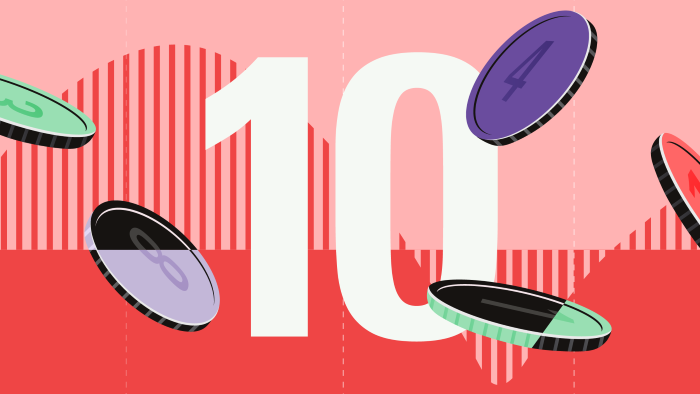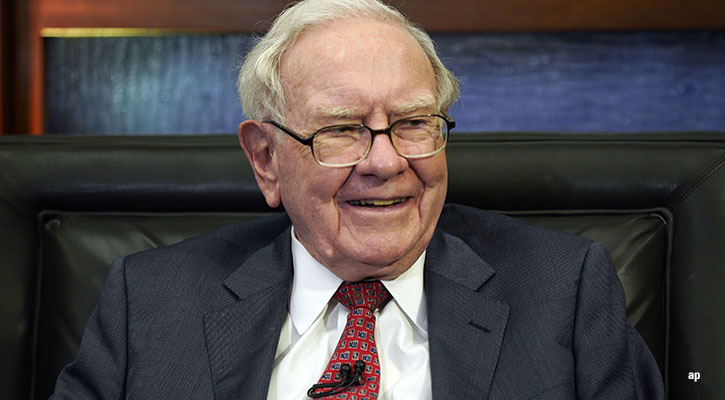
We have had a strong focus on moatworthy stocks in the past weeks. We have looked at the world’s strongest stocks, which firms we believe are aiming to achieve wide-moat status, and which funds are filled to the brim with these companies.
Today, we flip the narrative – which companies are at risk of losing their moat rating? These European stocks have all received a narrow moat rating but are on a negative trend due to coronavirus, digitisation, and the green shift.
United Kingdom
Three UK stocks are currently on a downward trend moat-wise. One is Rolls Royce (RR.), the famous engine manufacturer. It operates within civil aerospace, power systems, and defence. The company was battling disruptive engine-related problems that only widened during Covid-19 with the hit to commercial air travel. As a result, Rolls-Royce has run into liquidity problems and announced a capital raise in the form of a $2 billion rights issue as it exhausted its funding options in the debt markets. Shares fell 52.55% last year, but this year, it has managed to gain 14.10%.
Asset manager Schroders (SDR) on the other hand, is struggling with a material decline in its management fee margin. Schroders has laid out a strategy to halt this, aiming to focus its resources on higher-margin asset classes, increasing ownership of client relationships, and on investing heavily in technology to compete in a digital world. Its main source of a moat is in the switching cost, and Schroders has an explicit strategy to expand its presence in categories it views as stickier or having greater client longevity. Its return so far this year is 14.29%.
Lastly, healthcare stock Smith & Nephew (SN.) operates in a market that’s becoming increasingly consolidated. It designs, manufactures, and markets orthopaedic devices, sports medicine and ENT technologies, and wound-care solutions. The stock is down 10.46% so far this year and has only achieved a 0.64% year-on-year growth in the past three years. However, Morningstar’s analysts is positive that the company can defend its competitive position in the key markets.
Germany
In Germany, two stocks are seeing threats to their moat status. First stock is BMW (BMW): the car company has faced chip shortages, coronavirus and an increased spending on the shift to electric vehicles. But, because of the strength of its intangible assets, including brand and intellectual property, BMW outperforms the overall car market, making it one of few automakers with any moat rating at all. Over the past three years, it has grown 1.33% annually, with a 15.26% growth year to date.
The second stock is SAP (SAP). It provides database technology and enterprise resource planning software to companies around the world. The provider is currently phasing out support of its on-premises enterprise resource planning (ERP) software, aiming to bring all its clients onto a cloud solution by 2030. A forced migration opens up opportunity for a company to question its ERP needs and could drive companies towards competitors like Workday. The company has so far had a good 2021, growing 15.84%, and its three-year annualised return is 6.93%.
Spain
Amadeus IT Group (AMS) is one of the three biggest travel technology companies in the world, with a 40%-plus market share in air global distribution system (GDS) bookings. Operating in the travel space, it still is affected by the weaker near-term corporate and European demand trends. But, Morningstar expects it to expand its leadership position in the GDS space over the next years, driven by its technology and a leading network of airline content and travel agency customers. It is still not back to pre-pandemic levels and is down 6.45% so far this year.
Denmark
In Denmark, GN Store Nord (GN) has also been hit by the pandemic. The group consists of two seemingly unrelated businesses: hearing instrumentation and audio products. While a combination of hearing aids and consumer and professional audio solutions seemingly lacks symbiosis, we believe it opens up future opportunities for GN Group in the non-medical hearables market. However, in the shorter term, visits to hearing aid clinics are still not back to pre-pandemic levels, and the company is so far down 0.58% this year. Its annualised return for the past three years is 15.04%.


























